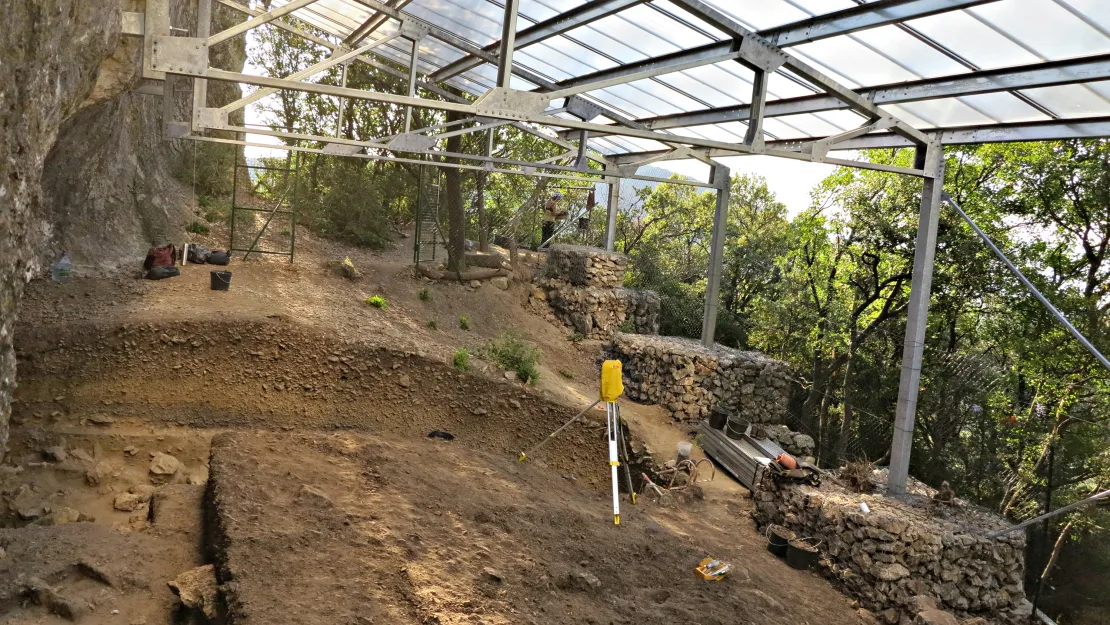A recently discovered cave in France has provided new insights into the mysterious disappearance of the Neanderthals, our closest evolutionary relatives. The site, located in the Rhone Valley, contains a treasure trove of artifacts and fossils that scientists believe could help solve one of the biggest mysteries in human history. Neanderthals disappeared around 40,000 years ago, and while theories have abounded, definitive answers have remained elusive.
The cave, which was uncovered by a team of French archaeologists, contains evidence of Neanderthal life in the form of tools, animal bones, and even remnants of food. However, it also shows signs of a dramatic climate shift that could have played a role in their extinction. Layers of sediment in the cave indicate that the region experienced periods of extreme cold, which may have made survival difficult for the Neanderthals, who were already struggling to compete with modern humans.
Some scientists believe that the combination of environmental stress and competition with Homo sapiens may have been the fatal blow to Neanderthal populations. The cave’s findings suggest that Neanderthals were resourceful, but the rapidly changing climate may have overwhelmed their ability to adapt.
The discovery has sparked renewed interest in the study of Neanderthals and their interactions with early humans. While the exact cause of their disappearance is still up for debate, the evidence from the cave adds weight to the theory that climate change played a significant role. As scientists continue to analyze the findings, we may be closer than ever to understanding what happened to the Neanderthals and why Homo sapiens emerged as the dominant species.











